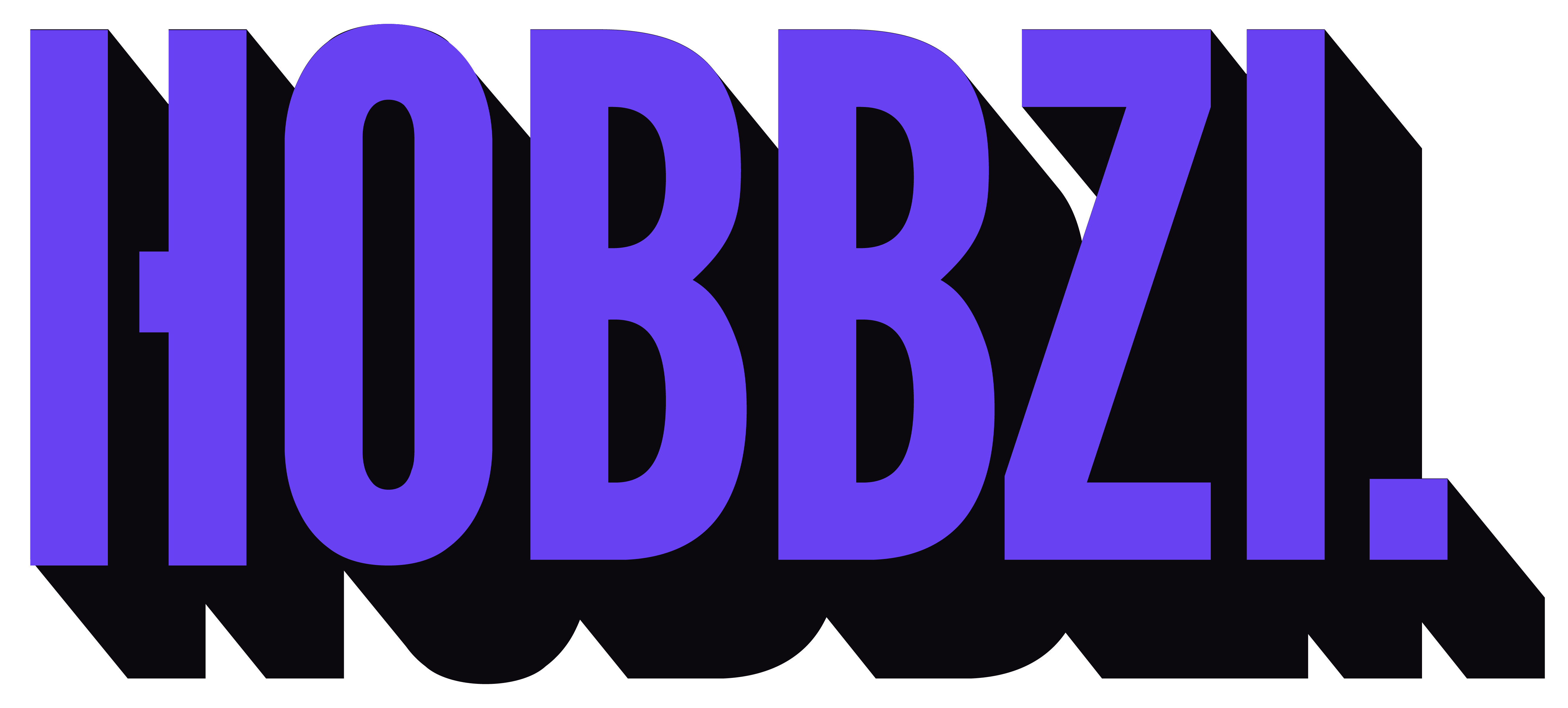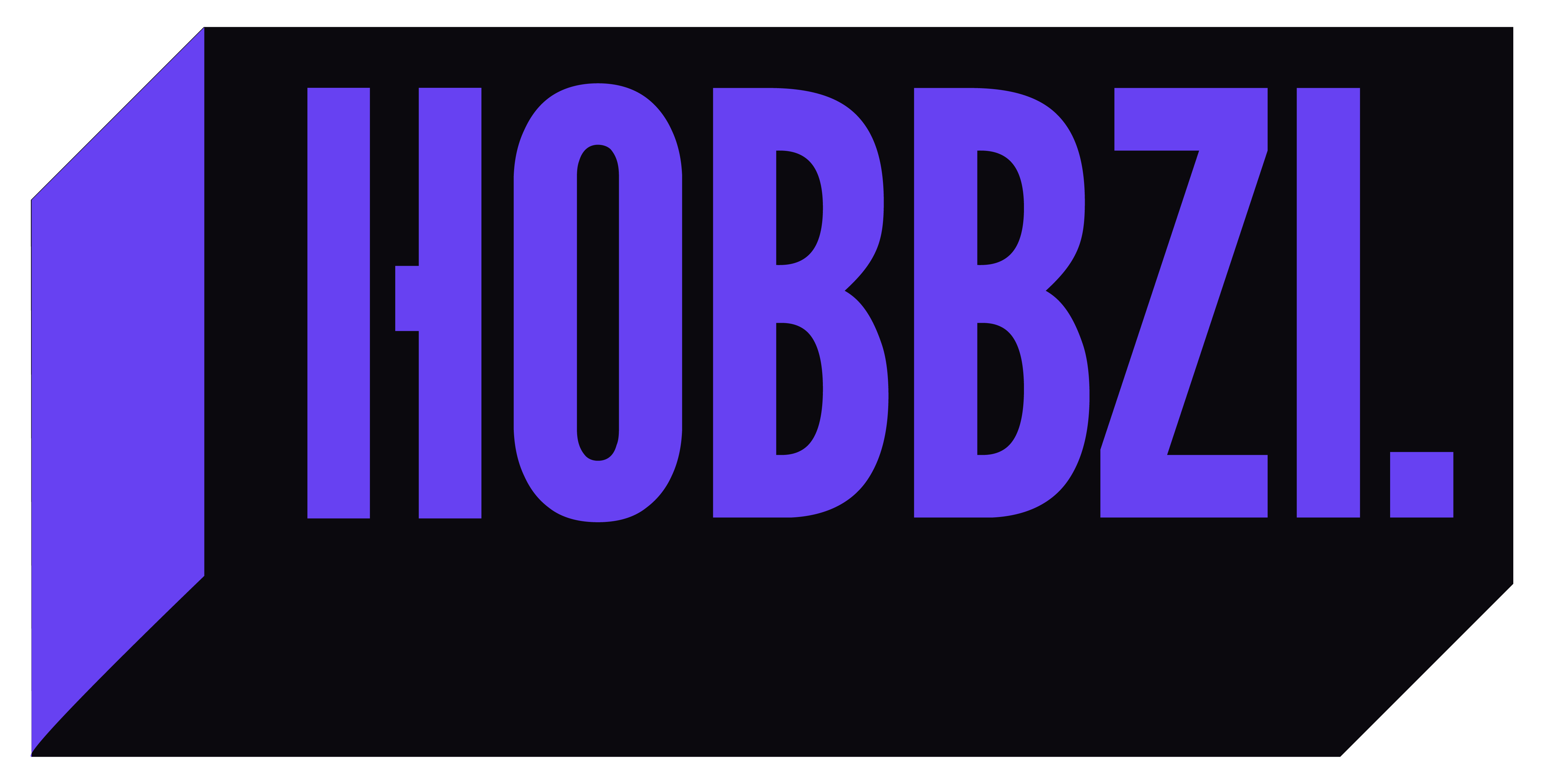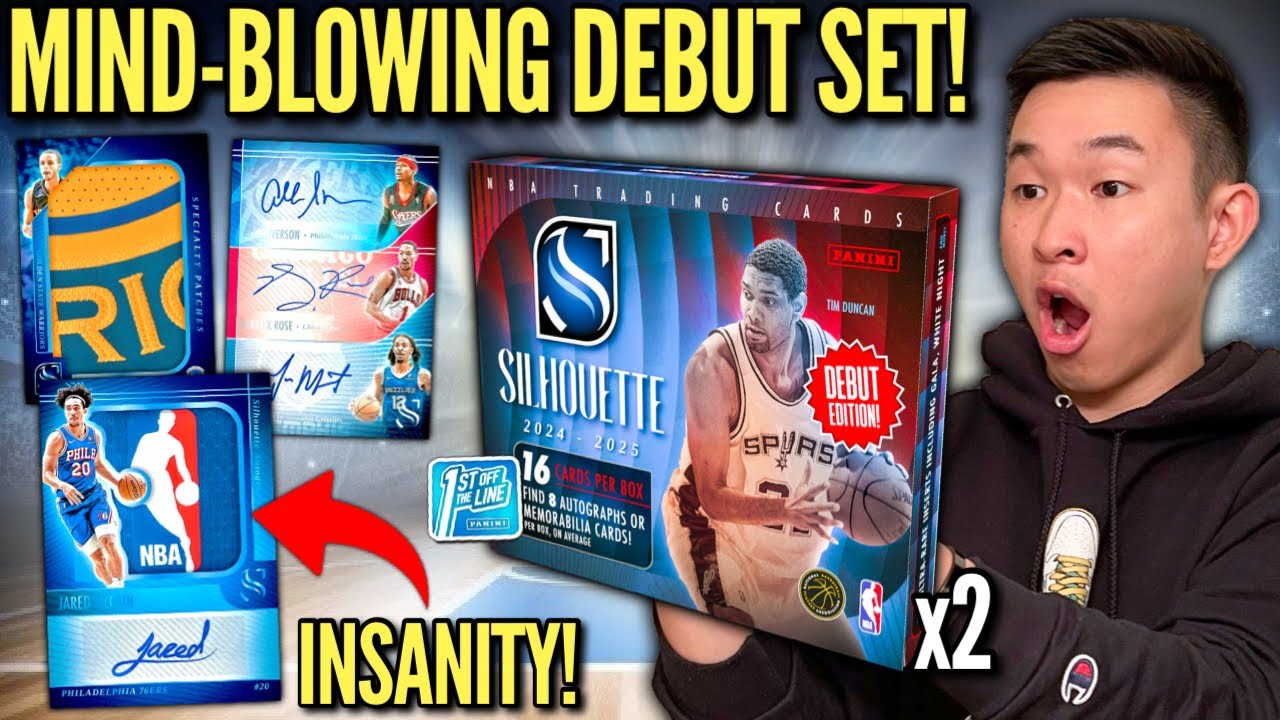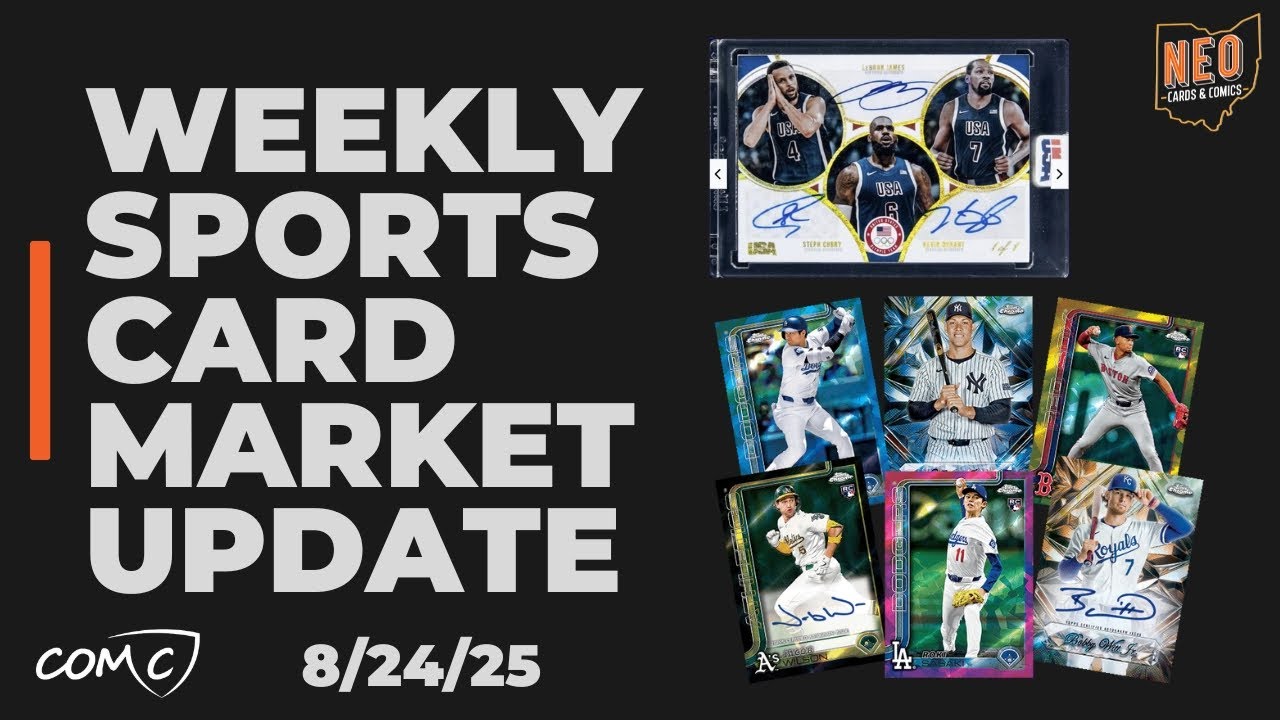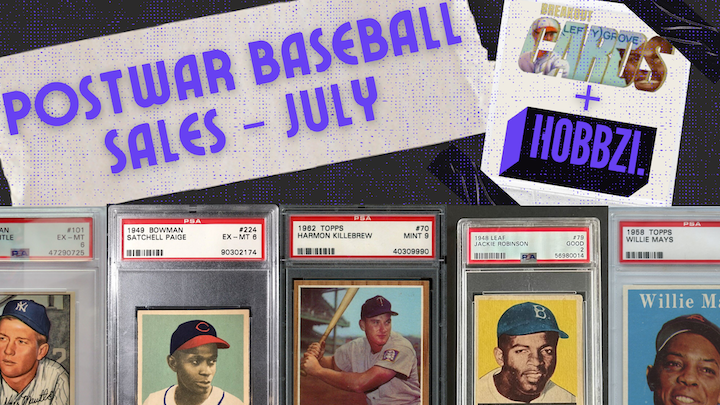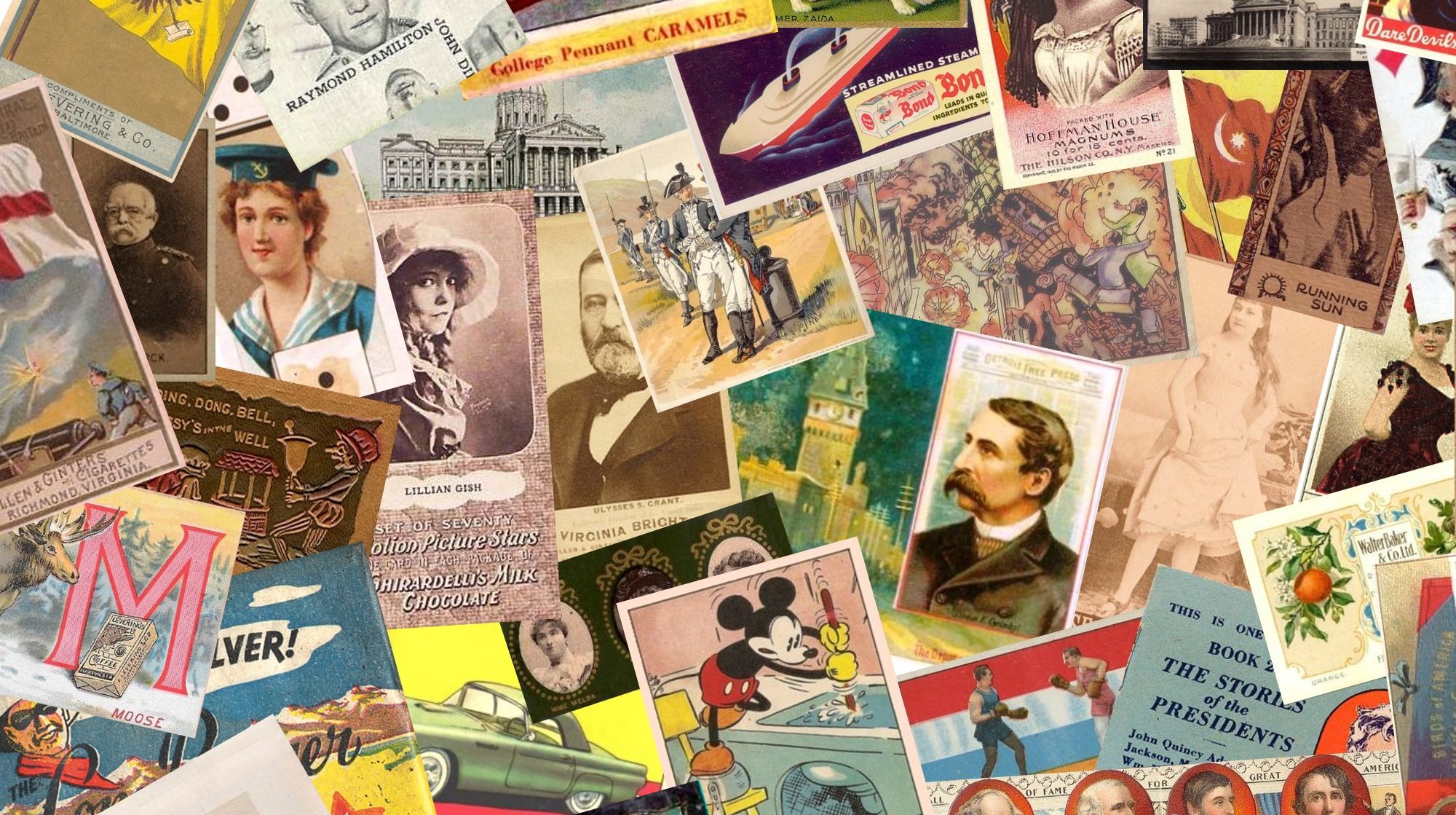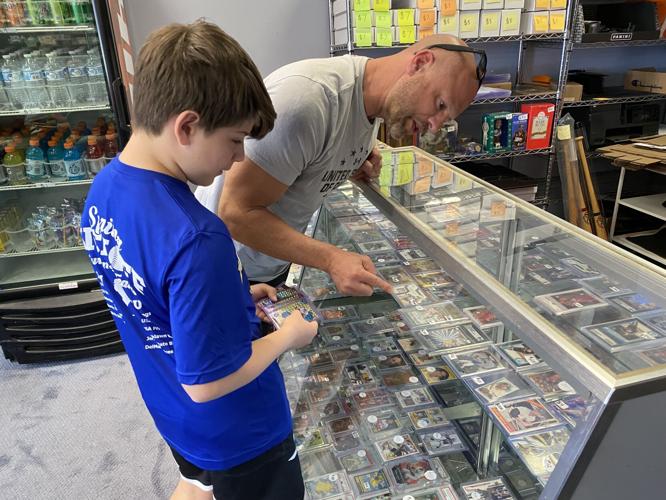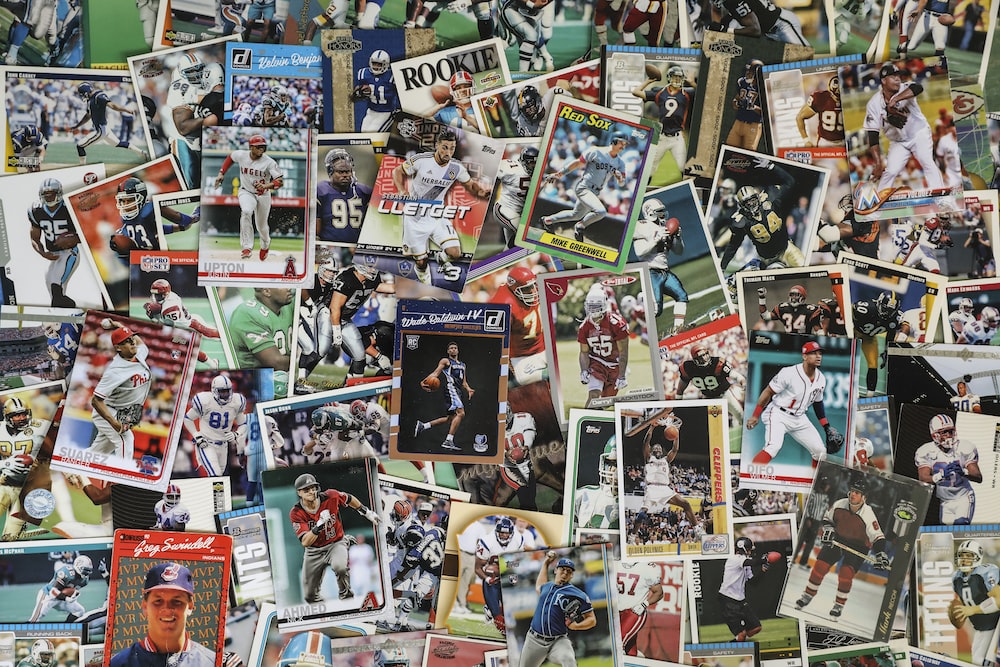This week, I went to the National Sports Collectors Convention (NSSC) in Chicago. The NSSC is a gathering of individuals who collect or trade cards, autographs and all types of memorabilia.
Through talking to people at my booth and walking around, I was able to pick up information on the industry and where it’s headed. These are my top takeaways.
1. The crowds were insane
The fact that the all-time attendance record was broken is remarkable given that cards rule and cards are generally still down big from pandemic highs.
2. The amount of kids in the sports collecting hobby is encouraging
I’d estimate the average age of the crowd was around 35-years-old, with a huge contingent of 18-to-25-year-olds. Any sector would covet this population of youth.
3. There’s still a scary amount of young kids playing fantasy with cards
The young collectors paying big bucks to invest in players they think will have good years is absurd. To narrow down a market to fantasy gaming is idiotic, as there are many factors that drive prices. The most often overlooked metric? Estimating how much of a price has baked in success. Just because Patrick Mahomes wins a second Super Bowl doesn’t mean his cards will skyrocket. The market assumed he would win two.
4. The 1952 Topps Mantle has replaced the 1986 Fleer Jordan as the hottest card
With vintage being hot, the amount of people going after any grade of the 1952 Mantle versus the best Jordan rookies was noticeable. There was a sense that most of the show would have preferred to stretch for a Mantle in a 1 for $25,000 than a Jordan 9 at $16,000.
5. Breaking is dominating
The amount of floor space devoted to breaking in the show was mind blowing and it’s not a surprise given the margins some of these guys achieve. There’s no denying in the social media era that pulling valuable cards out of a pack is the viral equivalent of an insane parlay, but the content that will survive as the space evolves might be less dependent on hosts that pull luck and more dependent on hosts who can be knowledgeable.
6. Fanatics’ presence looms large
Not only did Fanatics have a collectibles space and a breaking space, where their live app Fanatics Live formally launched, but the biggest players in the space made a huge bang elsewhere. CEO Michael Rubin walked through the show on Thursday with Jalen Rose as well as Fanatics executive like Mike Mahan, Omar Wilkes, Josh Landau, Nick Bell and Greg Abovsky. Given Fanatics’ domination of the business and their recent announcement of an events business, it seems inevitable that they will soon have the most important event in the collectibles space.
7. The National Needs A Reset
I understand the need to reward seniority, but entering the National with dealers who have had the same displays of old gloves, bobbleheads and programs isn’t the updated look the convention needs. The floor plan also needs more organization. Arranging the floor based on who is selling what not only makes the vast space more manageable, but likely more valuable.
8. Fewer flippers = a healthier game
Last year’s National was marked by people willing to sell at below comps for cash. It was hard to determine if this was about the thought that the business was a sinking ship or if dealers had simply bought too much during the COVID rise. This year, prices seemed to be 20% higher than comps and many, when being asked by buyers to pay comp, felt better about holding on. That’s a good indication for the hobby.
9. In person autographs still rule
The lines at the Tri-Star autograph pavilion were wild. I always thought the autograph would decline in value as the currently retired players would be more wealthy and less incentivized to sign. While that might be the case, the lines for guys like Reggie Jackson, who has signed forever, were very healthy.
10. Game-used needs a low end
The fastest growing high end part of the hobby over the past year has been the appreciation of game used items, as the best of the best went from a couple hundred thousand in value to millions. And while one of a kind pieces are like rare cards, there’s very little quality at the low end, which is obviously important to future growth and expanding the number of people who want in on the industry.
